
Expert highlights the critical need to manage skin toxicities in oncology, ensuring effective cancer treatments while addressing patient well-being and adherence.

Expert highlights the critical need to manage skin toxicities in oncology, ensuring effective cancer treatments while addressing patient well-being and adherence.
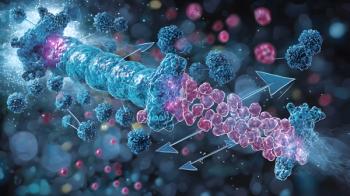
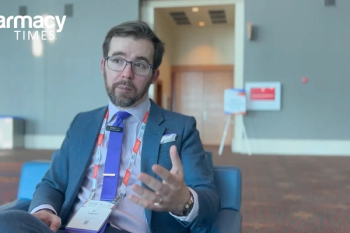
Patients learn the importance of understanding treatment-related skin issues, recognizing symptoms, and adopting gentle skincare practices for better management.

SABCS 2025 showcases breakthroughs in breast cancer therapy, emphasizing novel therapies and precision medicine to enhance patient outcomes.

Pivotal FDA approvals in breast cancer treatment focused on precision medicine and innovative therapies in 2025.

Pharmacists enhance oncology care by guiding younger patients through precision diagnostics like ctDNA MRD testing, driving innovation in cancer treatment.
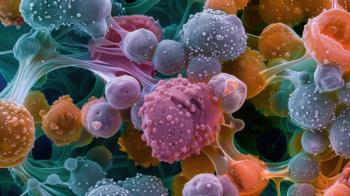
Exploratory findings from the MONALEESA-3 trial presented at SABCS 2025 show ribociclib plus fulvestrant significantly enhances survival in ILC.

Discover how antibody drug conjugates (ADCs) are transforming treatment for HER2-positive breast cancer with brain metastases at SABCS 2025.

SABCS showcases emerging trends in breast cancer treatment, emphasizing pharmacists' vital role in medication management and patient care strategies.

Experts explore the evolving role of HER2- and TROP2-targeted therapies in breast cancer treatment at SABCS 2025, highlighting ADC advancements.

Explore the pleiotropic effects of GLP-1 agents in oncology care, highlighting their benefits and considerations for pharmacists and clinicians.
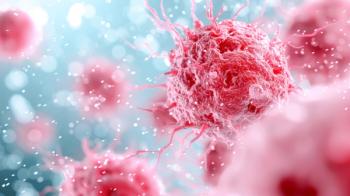
Latest findings presented at SABCS 2025 support trastuzumab deruxtecan's effectiveness and safety in treating HER2-positive breast cancer.
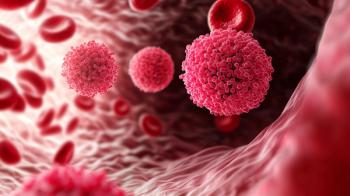
Tucatinib enhances first-line maintenance therapy for HER2-positive metastatic breast cancer, improving progression-free survival and safety outcomes, as shown in the HER2CLIMB-05 trial.
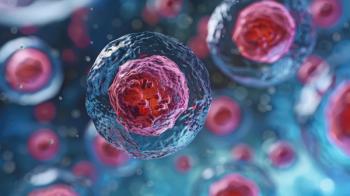
Cell-cycle–focused CDK inhibitors offer new options for HR+/HER2– metastatic breast cancer after CDK4/6 resistance.

Pharmacists play a vital role in precision oncology, enhancing treatment decisions for metastatic breast cancer through genetic testing and targeted therapies.

Pharmacists play a crucial role in improving BRCA testing rates for metastatic breast cancer, enhancing patient access to targeted therapies.

Oral SERDs and combination therapies are redefining post-CDK4/6 treatment in HR+/HER2– metastatic breast cancer.

Explore innovative supplemental screening options for breast cancer, enhancing access and accuracy for women with dense breasts and inconclusive mammograms.

Discover how innovative imaging detection methods, including MRI and proteomics, enhance breast cancer screening and support pharmacists in patient care.

Exploratory analysis shows 1 in 4 patients maintain a long-term response to ribociclib.

Experts presented results that may transform treatment and clinical practice strategies.


Obesity is associated with increased distant recurrence and breast cancer mortality in all types of early-stage breast cancer.

Emerging research in triple-negative breast cancer highlights the promise of molecular-based approaches to improve treatment outcomes.

AI-powered analysis of mammography images can identify women at high long-term risk of breast cancer, enabling targeted prevention strategies.

Adding anthracyclines to chemotherapy may improve survival in high-risk breast cancer patients.

Advancements in prevention address cancer risk in high-risk patients and BRCA mutation carriers.

Combining CDK4/6 and PDL-1 inhibitors enhances treatment responses in patients with hormone receptor positive and triple-negative breast cancer.

The novel camizestrant-ribociclib combination demonstrated encouraging data in advanced, pre-treated ER+/HER2- breast cancer.

Breast cancer prevention vaccines could have significant positive societal impact by reducing cancer diagnoses.